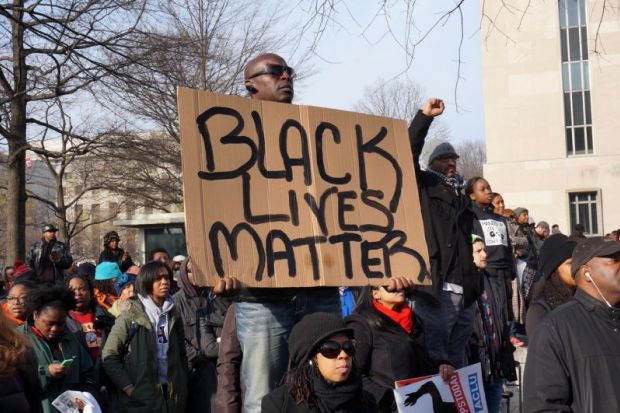Almost half of ethnic minority sociologists in the UK have experienced or witnessed racism or hostility when teaching race and ethnicity, according to a new study that calls for the topics to be integrated into curricula.
The report commissioned by the British Sociological Association (BSA), which was based on a survey of 188 sociology staff at UK universities and analyses of data from the Higher Education Statistics Agency and information on sociology degree programmes, found that race and ethnicity were often taught merely as an add-on or specialist module in sociology departments, rather than “a fundamentally integrated part of the curriculum”.
However, attempts by ethnic minority staff to make teaching about race and ethnicity more central in their departments can result in defensiveness and denial from white colleagues, according to respondents.
Nearly half (46 per cent) of black and ethnic minority respondents said they experienced or witnessed racism, discrimination, harassment or hostility from students, and sometimes staff, when teaching race and ethnicity. In addition, 78 per cent of BME men and 67 per cent of BME women reported that teaching race and ethnicity was more challenging than teaching other topics, compared with 48 per cent of white women and 37 per cent of white men.
Just 10 per cent of white staff and 20 per cent of BME staff surveyed reported having received formal training related to the teaching of race and ethnicity.
There are only 25 BME sociology professors in the UK, about 10 per cent of all sociology professors, according to the study. Of the 188 survey respondents, 68 per cent were white and 30 per cent were from ethnic minorities.
The report, Race and Ethnicity in British Sociology, was authored by University of Manchester sociologists Remi Joseph-Salisbury, Stephen Ashe, Claire Alexander and Karis Campion.
It recommends that sociology departments ensure that race and ethnicity are taught in the first year of study and across each of the following years, and are embedded in compulsory and optional modules.
Core modules should include an inclusive range of key theorists and works, and more modules should be run that examine the Global South and integrate a “decolonial” approach to sociology, it said.
The report also calls for the BSA to collect more detailed data on ethnic minorities, establish a mentoring scheme for BME academics, set up a forum to share best practice and run a teacher training workshop.
Dr Joseph-Salisbury said that the recent impact of the Black Lives Matter movement had “underlined the need for more action to tackle racism in society, and education is an important site for change”.
“Although sociology has played a strong role in helping us understand race and racism, this report shows that universities have a long way to go to embed the study of race and racism in the curriculum,” he said.




